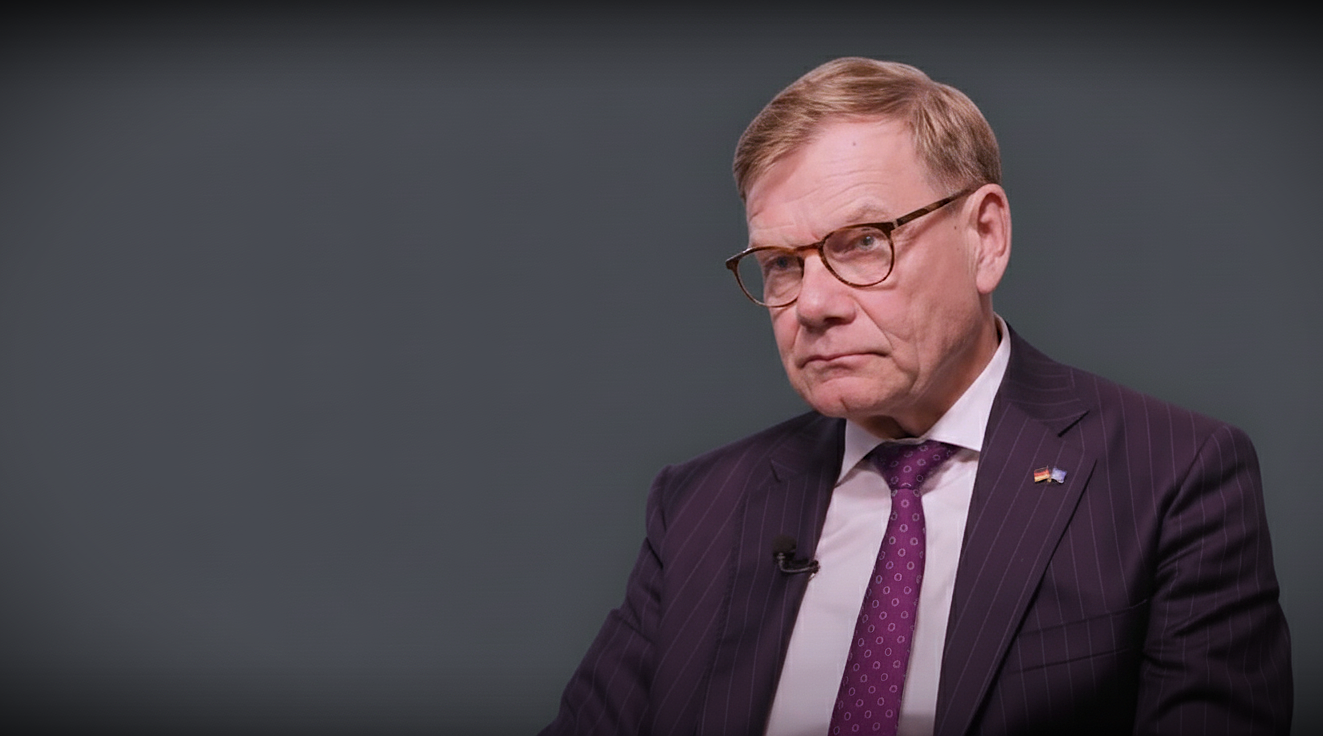German Foreign Minister to Meet India’s Goyal and NATO’s Rutte After Postponing China Visit
Germany’s FM Johann Wadephul to meet India’s Piyush Goyal and NATO’s Mark Rutte in Brussels after delaying China trip amid rising diplomatic tensions.
Raja Awais Ali
10/26/20252 min read


German Foreign Minister to Meet India’s Goyal and NATO’s Rutte After Postponing China Visit
Germany’s Foreign Minister Johann Wadephul announced on October 26, 2025, that he will travel to Brussels to meet key international leaders, including India’s Minister of Commerce Piyush Goyal, NATO Secretary General Mark Rutte, and European Commission President Ursula von der Leyen. The discussions are expected to focus on European security, defense cooperation, trade relations, and supply chain resilience.
The visit follows Wadephul’s decision to postpone his planned trip to China, citing limited engagement from Beijing. According to the German Foreign Ministry, China had only confirmed one meeting out of several requested, prompting Berlin to prioritize European and Indo-Atlantic relations. Analysts say the move signals a shift in Germany’s diplomatic priorities away from China.
In a statement issued ahead of his trip, the German Foreign Office said the consultations in Brussels would center on “support for Ukraine, strengthening European defense capacity, and reinforcing transatlantic partnerships.” The visit highlights Germany’s intent to consolidate its role as a strategic bridge between Europe, India, and NATO, especially at a time when global geopolitical dynamics are rapidly evolving.
Meanwhile, India’s Piyush Goyal is also in Brussels to advance ongoing trade policy discussions with the European Union. Both sides are expected to finalize a Free Trade Agreement (FTA) by the end of this year, which would significantly boost bilateral trade and investment flows. Experts believe the German minister’s meeting with Goyal could help strengthen EU-India economic cooperation amid the shifting global supply chain landscape.
Observers note that this development reflects Germany’s gradual realignment from Asia toward Europe and India, as it seeks to reduce economic dependencies on China. The decision to delay the Beijing trip, followed immediately by high-level meetings in Brussels, underscores Berlin’s new foreign policy strategy: engage with trusted allies to build a resilient global framework.
At the same time, Germany and India are both navigating complex international conditions. Europe remains under pressure due to the ongoing Russia–Ukraine conflict, while India continues to rise as a key economic and strategic power in Asia. Strengthening diplomatic coordination between Berlin, Brussels, and New Delhi could lead to new defense, trade, and technology partnerships that reshape the global balance of power.
Analysts suggest that Wadephul’s meetings with NATO and India are designed to reinforce Germany’s leadership role within Europe and to signal its readiness to take on greater responsibility in global affairs. If successful, the discussions in Brussels could pave the way for deeper cooperation between Europe and India — both economically and strategically.
In conclusion, Johann Wadephul’s Brussels visit is not merely diplomatic routine; it represents a turning point in Germany’s foreign policy, marking its strategic shift from Beijing toward democratic allies. The outcome of these talks could define Europe’s next chapter in trade, defense, and global diplomacy.
Stay informed with the latest national and international news.
© 2025. All rights reserved.